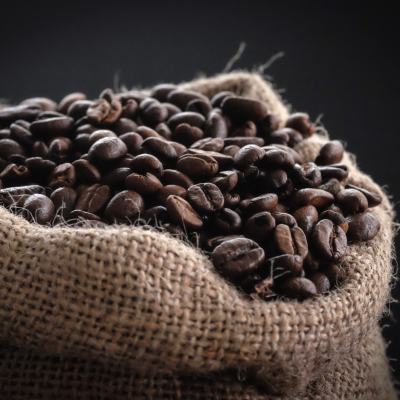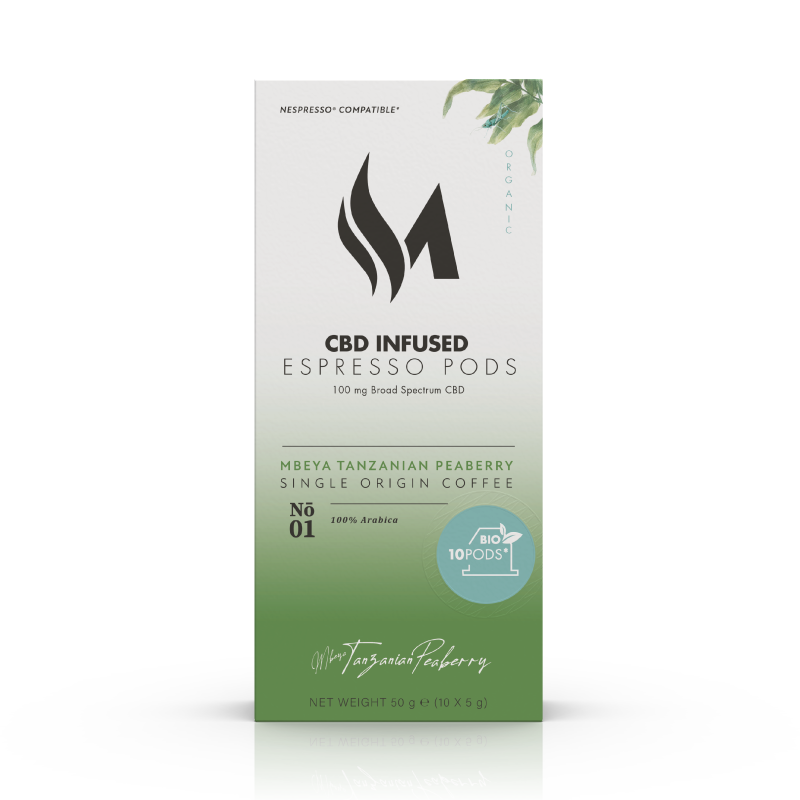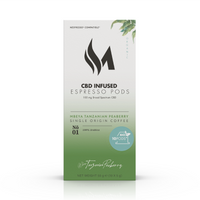
Coffee: A Good or Bad Psychoactive Substance?
Posted on April 08 2024
A ‘psychoactive substance’ is a terminology used to classify chemical substances that have the power to alter a person’s mental state. They do so by changing the way the nervous system and brain works. This leads to a person feeling intoxicated, which is often the number one reason why people consume psychoactive substances. Caffeine is found in a wide range of places including certain fruits, leaves, and seeds of plants such as coffee and tea plants. It can also be produced in a controlled clinical setting. Caffeine is present in a wide range of food and beverage items such as chocolate, tea, coffee, cocoa, and energy drinks.
But how did a psychoactive substance become so mainstream?
Have you ever wondered how coffee helps us stay awake and boost our mood?
FUN FACT!
In 1911, Coca-Cola was sued by the US government claiming that the use of caffeine in their soft drinks was a public health hazard. Coca-Cola won the legal battle in court.
In Conclusion
Caffeine is a psychoactive drug that has infiltrated most of our lives. People consume caffeinated products without knowing it is a psychoactive compound. However, it is important for everyone to understand all facets of this substance before they decide to ingest it.
That being said, your daily dose of caffeine is probably nowhere near the harmful or toxic level required for you to experience any adverse effects of caffeine - even if you tried really hard. Making coffee probably the safest psychoactive compound.
So, by all means, go ahead and make yourself your daily cup of deliciousness!
Our Top Three Must-Visit Coffee Shops in Cape Town
Cape Town is a haven for coffee lovers, boasting some of the finest coffee shops in the country. Whether you're a local or a visitor, these three coffee shops are...
Read More












